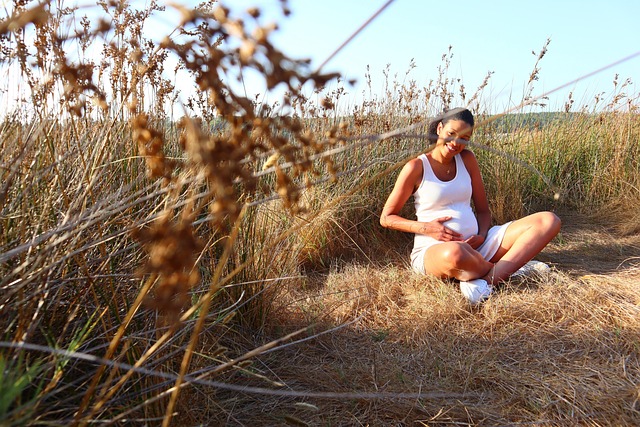As you embark on the exciting journey of introducing solid foods to your little one, it’s crucial to know which items should remain off the menu during their first year. Some foods can pose serious choking risks or may not be suitable for infants. Here’s a comprehensive look at what to avoid, along with suggestions for when it’s safe to introduce these foods.
Honey
Avoid giving honey or any products containing honey to your baby until they turn one. Honey can contain spores of Clostridium botulinum, which can lead to infant botulism—an illness that, while rare, can cause severe symptoms such as constipation, poor appetite, and lethargy. Ensure you wait until your child’s first birthday to introduce this sweet treat.
Cow’s Milk
While cow’s milk is a staple for many adults, it’s not recommended for babies under one year. Infants may struggle to digest it, and it lacks essential nutrients that babies require, such as iron and vitamin E. Instead, wait until after their first birthday before introducing cow’s milk into their diet.
Fruit Juice
Fruit juice may seem like a healthy option, but it can be high in sugar and low in nutritional value. The American Academy of Pediatrics recommends limiting fruit juice, especially for infants under one year. Whole fruits are a much better choice as they contain fiber and other essential nutrients.
Sugary Treats
It might be tempting to share a small sweet with your baby, but sugary treats should be avoided altogether during the first year. These foods provide empty calories and can lead to a preference for sweets later in life. Instead, focus on healthier alternatives that are age-appropriate.
Unpasteurized Foods
Unpasteurized products, like certain cheeses and juices, should be strictly avoided. These can harbor harmful bacteria that pose health risks to your baby. Always opt for pasteurized versions to ensure safety.
Smoked and Cured Meats
Processed meats, such as smoked or cured options, can be high in sodium and preservatives, making them unsuitable for infants. These foods can be tough for young tummies to digest and may contain harmful additives.
High-Mercury Fish
Certain fish, like shark, swordfish, and king mackerel, are known for their high mercury levels, which can be harmful to a developing baby. Stick to safer fish options like salmon or cod, but always consult your pediatrician regarding safe serving sizes.
Refined Grains
Refined grains, such as white bread or white rice, should be limited in your baby’s diet. They lack essential nutrients and fiber that whole grains provide. As your baby grows, gradually introduce whole grain options instead.
Choking Hazards to Watch For
When introducing solids, always be aware of potential choking hazards. Foods such as whole grapes, nuts, popcorn, and hard candies should be avoided until your child is older and can chew more effectively.
Conclusion
As you explore the world of solids with your baby, keep these foods off the menu during their first year. For further insights into your pregnancy journey, visit Make a Mom, a fantastic resource for at-home insemination options. If you’re interested in learning how to safely navigate pregnancy restrictions, check out our blog on activity restrictions during pregnancy. Also, for those considering insemination methods, see this comparison of at-home insemination kits versus IVF to understand your options better. Lastly, for a detailed overview of intrauterine insemination, refer to this excellent resource from the Mayo Clinic.

